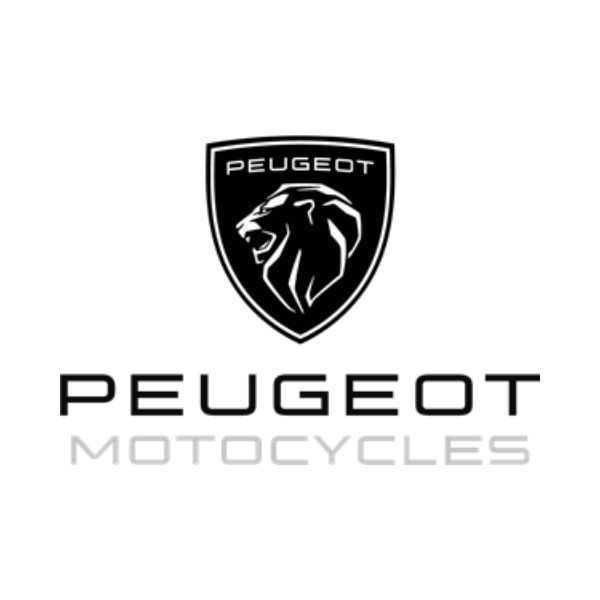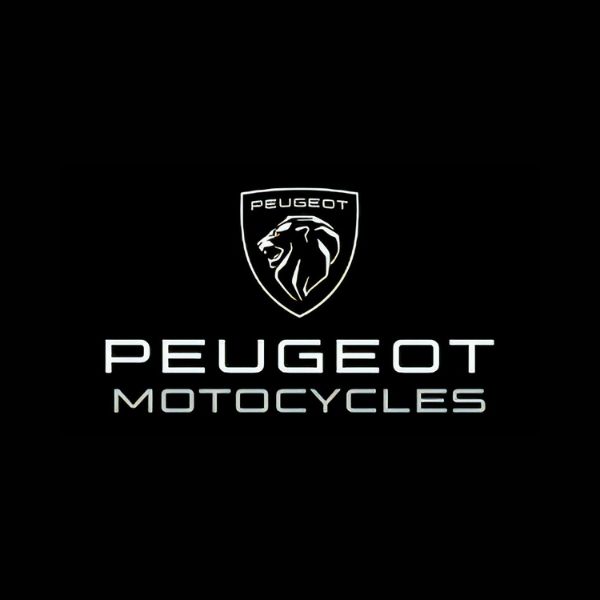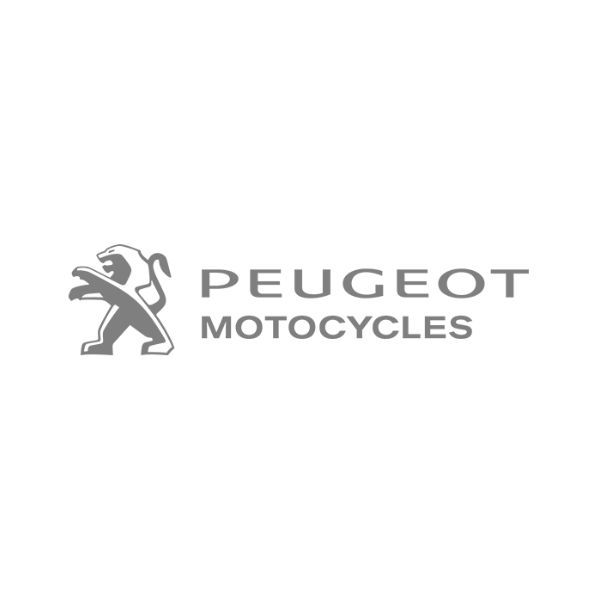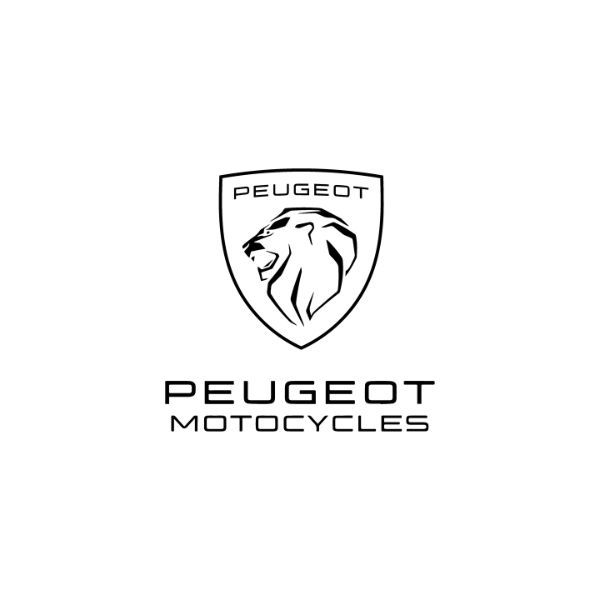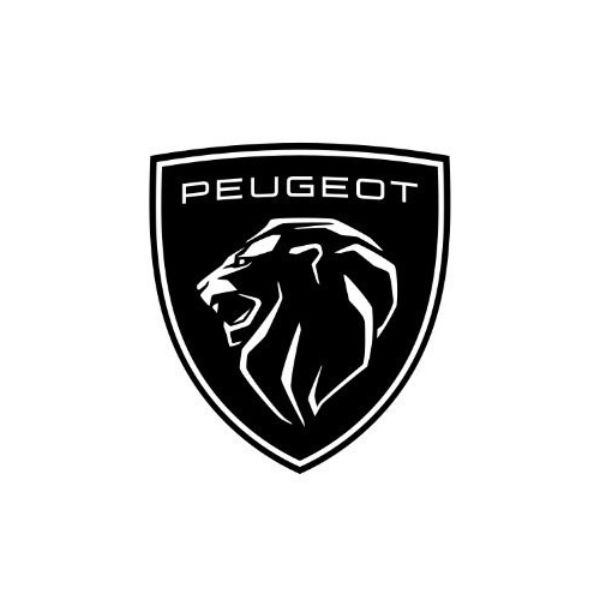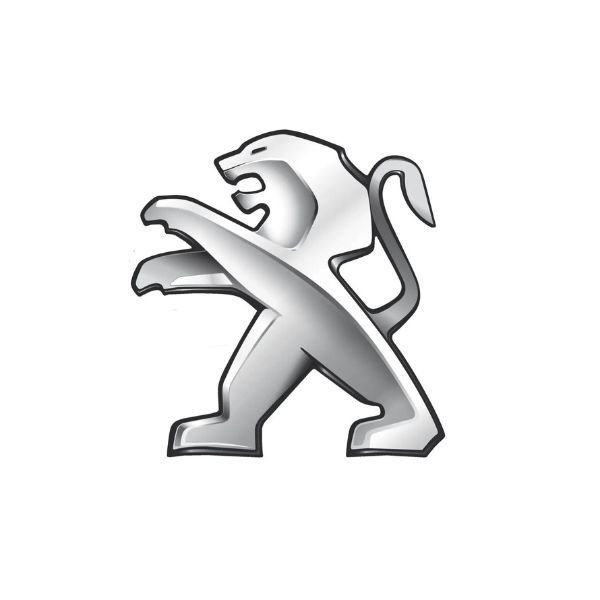Peugeot
Peugeot Motorcycles – the name resonates with deep historical significance in the annals of motorcycling. The roots of Peugeot Motorcycles date back to 1898, with a De Dion-Bouton engine adorning its first model's rear wheel. It was during the same year that Peugeot introduced its tricycle, with much of its construction credited to De Dion-Bouton.
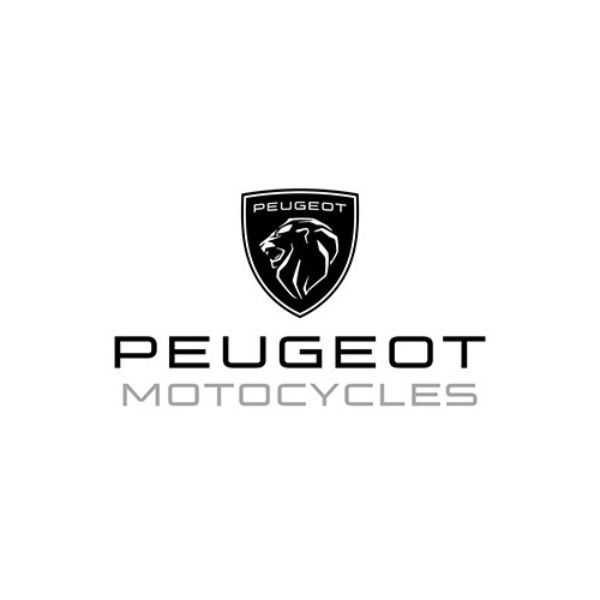
The turn of the 20th century marked Peugeot's foray into quadricycles, a venture that unfortunately lost traction by 1903. However, the company bounced back a year prior, in 1901, inspired by the success of the French Werner Brothers and Company Motobicyclette. This marked the beginning of Peugeot's journey into full-fledged motorcycle manufacturing, kick-started by the Swiss-made Zürcher and Lüthi (ZL) engine.
Fast-forward to 1914, Peugeot unveiled the 500 M, a 500cc dual overhead camshaft model – a first of its kind. The brand continued its success, becoming the leading French motorcycle manufacturer by the 1950s, boasting an extensive lineup of models. 1930 saw Peugeot's absorption of Automoto, a pioneer in motorcycles and scooters.
In the early '80s, Peugeot formed a pivotal alliance with Honda, leading to the integration of Japanese two-stroke engines, variator transmission, and electrical components into Peugeot scooters. This partnership led to the launch of the Peugeot SC in 1983, the French company's first scooter with a plastic body and automatic gearbox. The iconic Peugeot SV 250, launched in 2000, also benefited from this partnership, featuring the Honda Foresight 250 scooter.
A major development occurred in 2006 with the foundation of the "Jinan Qingqi Peugeot Motorcycle" joint venture for scooter production mainly aimed at European markets. Another significant partnership was formed in 2008 with Sanyang Industry (SYM), enabling the creation of the Peugeot Tweet and LXR models.
Fast forward to 2014, and Indian automotive giant Mahindra and Mahindra acquired a 51% stake in the company, with the PSA Group retaining 49%. The relationship culminated in 2019 with Mahindra acquiring full ownership. As of 2022, Peugeot was acquired by Munich-based private equity firm Mutares, who now hold a 50% equity and 80% controlling stake.
Peugeot's legacy extends to racing too. A Norton motorcycle powered by a Peugeot engine won the twin-cylinder class at the inaugural 1907 Isle of Man TT races. The brand marked its return to top-level motorcycle racing in 2016 with a Moto3 project in collaboration with parent company Mahindra.
Today, Peugeot stands as an emblem of European motorcycle engineering, producing a diverse range of scooters and 3-wheelers. Despite changing hands several times over the years, the brand's commitment to innovation, design, and quality remains steadfast.
Additional Peugeot Logos
Author: William Flaiz

